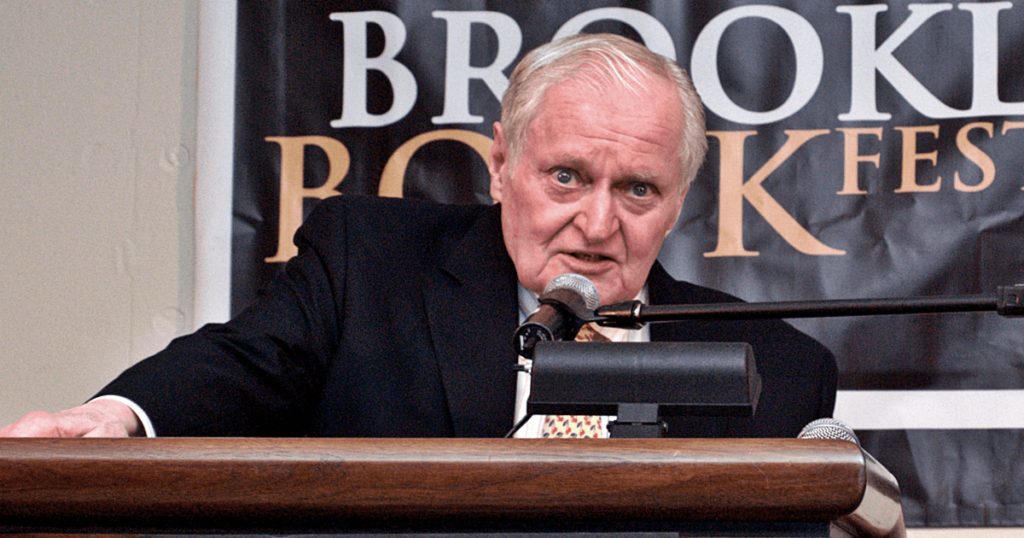
John Ashbery, who died in the early morning hours on Sunday of Labor Day weekend, was doubtlessly the best known and most influential poet of his generation, a mentor to me, and a good friend. I went to readings he gave in my sophomore year at Columbia and was, like many of my classmates, blown away by his long poem “The Skaters,” which many of my buddies on the Columbia Review, committed as we were to the aesthetic of the New York School, thought was the single finest long poem in English since “The Waste Land.” He very quickly became my favorite poet.
Some of his friends called him Ashes. I favored JA in part because of his brilliant early poem “The Picture of Little JA in a Prospect of Flowers,” the title of which was itself a lift from a poem by Andrew Marvell. We—those of us privileged enough to get close to the man—would entertain one another with anecdotes about him, clever things he said, or just news of a great new poem, such as “Self-Portrait in a Convex Mirror,” which knocked our socks off when it appeared in Poetry magazine in 1974. A year later it was the title poem of a poetry collection that captured the Pulitzer Prize, the National Book Award, and the National Book Critics Circle Award, an unprecedented triple crown.
It was my great good luck that our professional paths crossed three significant times in the 1970s and ’80s. John and I shared an office at Brooklyn College the year I taught there. Later, when I reviewed books for Newsweek, John was the magazine’s art critic. And when I launched The Best American Poetry series in 1988 with Scribner, JA was our first guest editor. So it was not only as a poet but also as a teacher, a critic, a journalist, and an editor that he inspired me.
My lifelong devotion to his work as a poet, art critic, literary critic, translator, maker of collages, and central figure of the New York School is reflected in such publications as Beyond Amazement: New Essays on John Ashbery (1980) and The Last Avant-Garde: The Making of the New York School of Poets (1998). In 1984 Harvey Shapiro of The New York Times Magazine phoned and commissioned a long article, which was great fun to do. It was also fun to observe as things JA said in interviews entered the general discourse. For example, “Often people don’t listen to you when you speak to them. It’s only when you talk to yourself that they prick up their ears.” And: “I am aware of the pejorative associations of the word ‘escapist,’ but I insist that we need all the escapism we can get and even that isn’t going to be enough.”
Just last week my wife, Stacey, and I watched the new movie Marjorie Prime and almost jumped out of our seats when the character played by Tim Robbins suddenly and without preamble quotes the opening six lines of Ashbery’s wonderful poem “At North Farm”:
Somewhere someone is traveling furiously toward you,
At incredible speed, traveling day and night,
Through blizzards and desert heat, across torrents, through narrow passes.
But will he know where to find you,
Recognize you when he sees you,
Give you the thing he has for you?
For The Best American Poetry blog I wrote up the movie under the heading “John Ashbery Steals the Show in Marjorie Prime.” That was Wednesday, August 30. I phoned John in Hudson, New York, the next evening to tell him how much Stacey and I enjoyed hearing his words in the movie. Aside from an intermittent cough, John sounded perfectly like himself, and it gives me pleasure to report that he remained his usual witty, droll, clever, charming self right up to the end. His death came as no surprise—he was in declining health for quite some time—but it was a devastating blow to his numerous admirers nevertheless. Tributes are pouring in.
I shall not look upon his like again.

